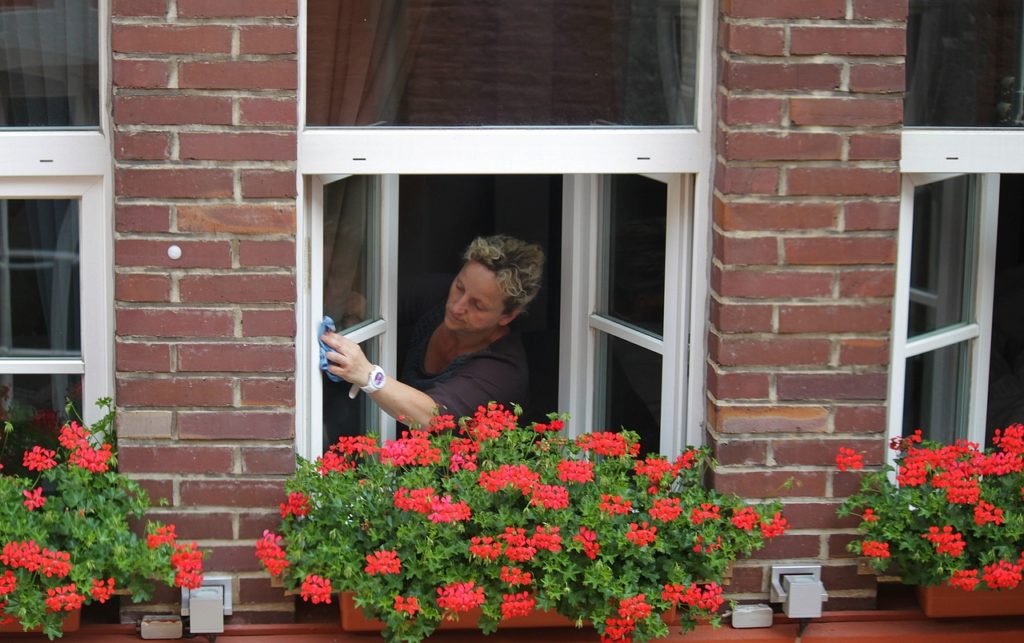The coronavirus pandemic could undo 25 years of progress on equality for women in a single year, a report from the United Nations has warned.
The report comes from the United Nations Entity for Gender Equality and the Empowerment of Women, more conveniently known as UN Women, founded by the General Assembly in 2010.
The pandemic has seen the introduction of many restrictions on movement, reaching all the way up to full lockdown, which have inevitably led to an increase in the time people all over the world spend at home. The report set out to find out how the increase in household work has been shared between the sexes.
Prior to Covid-19, the report says, data on task-sharing in the home was scarce, but it was known that women devoted roughly three times as many hours to unpaid domestic work and family care as did men.
Data was collected where available from 38 countries worldwide (not including Belgium) and a clear picture emerged.
“Both women and men have increased their unpaid workloads, but women are still doing the lion’s share,” the report says. “Women are also taking on a greater intensity of care-related tasks than men. Meanwhile, parents are getting more help from daughters than sons.”
The increase in domestic work means that more women than men are leaving the workforce. That results in the loss of jobs and income, expected to force millions of people into extreme poverty – and women and girls stand to be the hardest-hit.
“By the end of this year, a shocking 13 percent of the world’s women and girls – 469 million people – will be living in extreme poverty,” the report states.
"More alarming is the fact that many women are actually not going back to work," Anita Bhatia, UN Women deputy executive director, told the BBC.
“In the month of September alone in the US, something like 865,000 women dropped out of the labour force compared to 200,000 men, and most of that can be explained by the fact that there was a care burden and there's nobody else around.”
The report drills down into the figures for individual tasks, and the imbalance is clear. When asked if their contribution to simple domestic tasks had increased during the pandemic, woman and men responded:
Cooking and serving meals – women 32%, men 18%
Cleaning – women 45%, men 35%
Shopping – women 25%, men 22%
Household management – women 29%, men 24%
Child care – women 36%, men 30%.
Bearing in mind that women already did three times as much, a 1% increase for women is substantially more than a 1% increase for men.
“Everything we worked for, that has taken 25 years, could be lost in a year,” Bhatia said. The increased care burden, she said, “poses a real risk of reverting to 1950s gender stereotypes.”
Alan Hope
The Brussels Times

